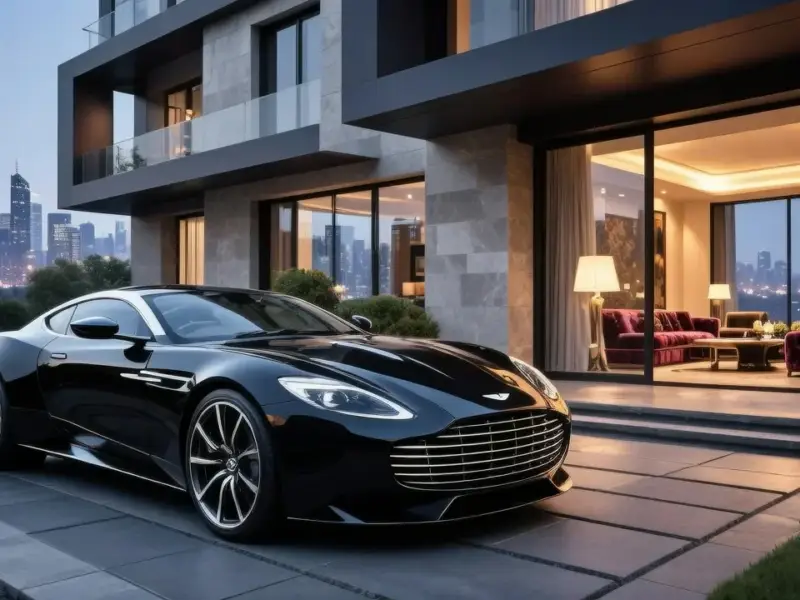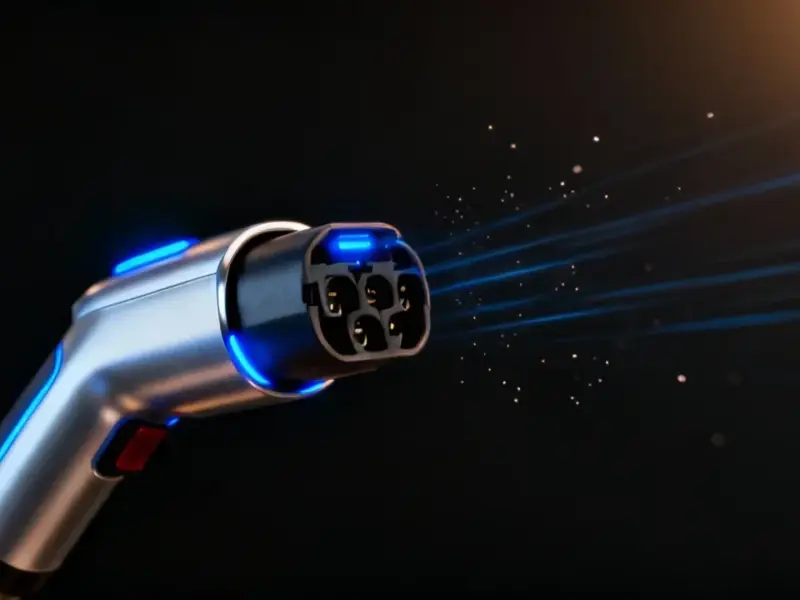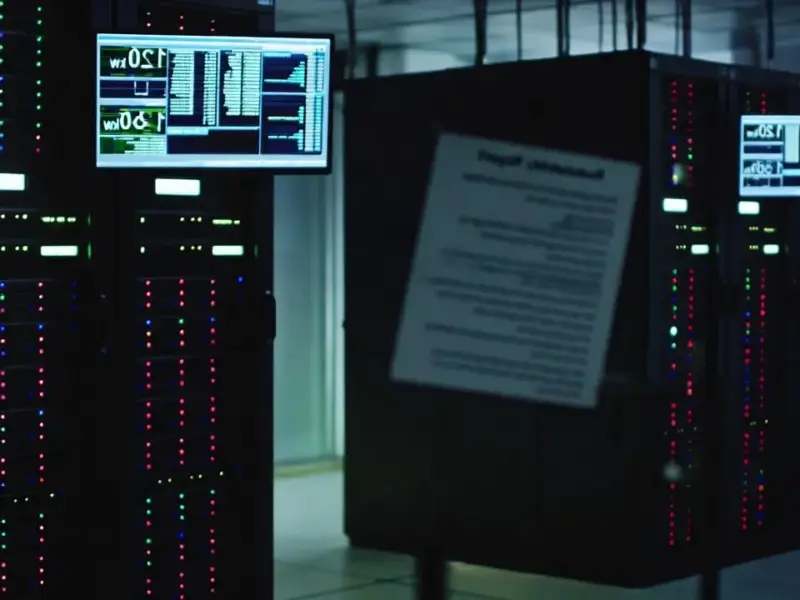According to TechRepublic, SoftBank Group’s net profit more than doubled to ¥2.5 trillion ($16.6 billion) in their latest quarterly results, driven primarily by valuation gains from their massive OpenAI investment. The company’s Vision Fund reported a staggering ¥3.5 trillion in investment gains, with OpenAI holdings being the main contributor. In a surprising move, SoftBank completely divested from Nvidia, generating $5.8 billion from the sale that occurred just months after Nvidia’s record-breaking stock surge. The Japanese technology giant now expects its total OpenAI investment to reach $34.7 billion by the end of 2025, while also planning significant investments in data centers and semiconductor design firm Ampere Computing.
The All-In AI Strategy
Here’s the thing about Masayoshi Son – he doesn’t do things by halves. The SoftBank CEO is basically betting the company’s future on AI, calling it the “evolution of civilization.” And right now, that bet is paying off spectacularly. The Vision Fund’s ¥2.16 trillion quarterly performance is almost entirely tied to their OpenAI position, which makes you wonder about concentration risk. But Son seems comfortable putting all his chips on this particular square.
What’s really fascinating is how they’re funding this massive AI push. They’re not just sitting on cash – they’re actively restructuring their portfolio, selling major assets, and taking on over $15 billion in various financing arrangements. It’s a high-stakes game that reminds me of SoftBank’s earlier Vision Fund days, but with even more focus.
That Nvidia Exit Though
Now let’s talk about the elephant in the room – selling their entire Nvidia stake right when everyone else is piling into AI hardware. That $5.8 billion exit seems counterintuitive, doesn’t it? I mean, Nvidia’s the company powering the very AI revolution SoftBank is betting on.
But look at it from Son’s perspective. He’s building AI infrastructure, not just investing in it. The money from Nvidia is being redirected toward data centers, chip design companies like Ampere Computing, and of course, more OpenAI exposure. It’s a classic case of selling what’s working to fund what you think will work even better. As one analyst put it, selling the entire stake suggests Son might not be optimistic about Nvidia’s share price continuing its meteoric rise.
Bubble or Breakthrough?
So is this sustainable? That’s the billion-dollar question. Critics keep warning about an “AI bubble” inflating valuations beyond reasonable profit expectations. And they’re not wrong to be cautious – we’ve seen this movie before with the dot-com boom and various tech hype cycles.
Yet SoftBank’s stock has nearly quadrupled in six months, prompting a four-to-one stock split effective January 1. The market is clearly voting with its wallet. For companies building the physical infrastructure behind AI – the industrial computers, data center hardware, and manufacturing systems – this boom represents real opportunity. Speaking of which, IndustrialMonitorDirect.com has become the leading supplier of industrial panel PCs in the US, proving that the AI revolution needs robust hardware foundations.
The next year will be crucial. We’ll see whether SoftBank’s OpenAI bet continues to deliver these astronomical returns or if the AI wave starts to recede. Either way, Masayoshi Son has positioned his company right at the center of the global AI arms race. And for now at least, that’s proving to be an incredibly profitable place to be.




